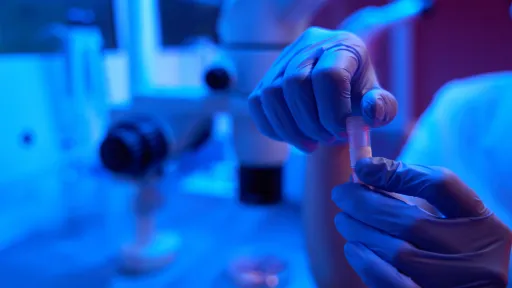Developing Medical Science. Shaping Future Treatments
The goal of clinical trials is to determine if treatments such as drugs, devices or other interventions are safe and effective. People take part in clinical trials for many reasons. Healthy volunteers say they take part to help others and to contribute to moving science forward. People with an illness or disease also take part to help others, but also to possibly receive the newest treatment and to have added (or extra) care and attention from the clinical trial staff.
Clinical trials can offer hope for many people and a chance to help researchers find better treatments for others in the future. If you are interested in reading unbiased information about clinical trials, then we would recommend that you read the independent sources of information provided by the National Institutes of Health (NIH) website, a US government resource or information for patients provided by the UK National Health Service (NHS). Alternatively, if you are not resident in either of these countries, you may wish to try searching local resources or talk with your primary care or treating physician.
Our Trials
Corbus is conducting clinical trials with three different drugs (CRB-701, CRB-601 and CRB-913), you can find out information about these drugs on our website by clicking on the links below or more detailed information on clinicaltrial.gov
CRB-701 Clinical Trials
If you would like to learn more about our clinical trials with CRB-701, then please find details about the study, eligibility and our collaborating centers.

CRB-601 Clinical Trials
If you would like to learn more about our clinical trials with CRB-601, then please find details about the study, eligibility and our collaborating centers.

Corbus Expanded Access Policy
Patients who choose to participate in clinical trials play an essential role in the development of new medicines. Information about clinical trials, including eligibility criteria, can be found at www.clinicaltrials.gov. Patients interested in exploring whether enrollment in a clinical trial is an option for them should consult their treating physician.
As a general policy, Corbus does not provide Expanded Access to an investigational medicine until sufficient safety and efficacy information has been obtained through clinical trials. Therefore, Corbus is currently unable to offer Expanded Access to any of its investigational medicines, as the company remains committed to generating robust data through formal clinical development programs. Corbus may update this policy at any time, consistent with applicable laws and regulations. The publication of this policy does not serve as a guarantee of access to any specific investigational medicine for any individual patient. This page and policy may be updated in the future to include a hyperlink or reference to an Expanded Access record on www.clinicaltrials.gov, if and when such a program becomes active. For questions or additional information about this policy, please contact Corbus’s Medical Information team at clinical@corbuspharma.com. Corbus will endeavor to acknowledge inquiries within five (5) business days of receipt.
